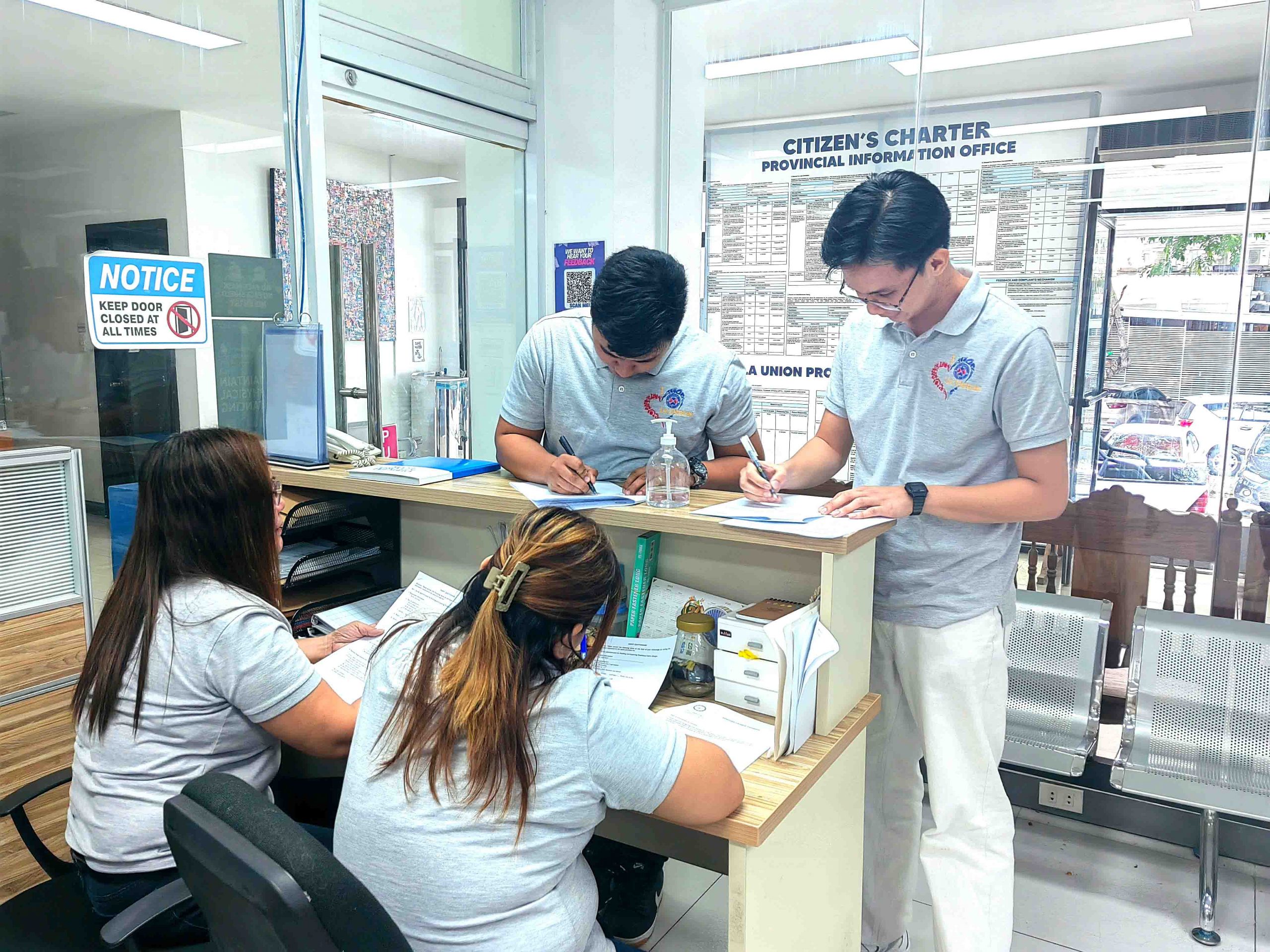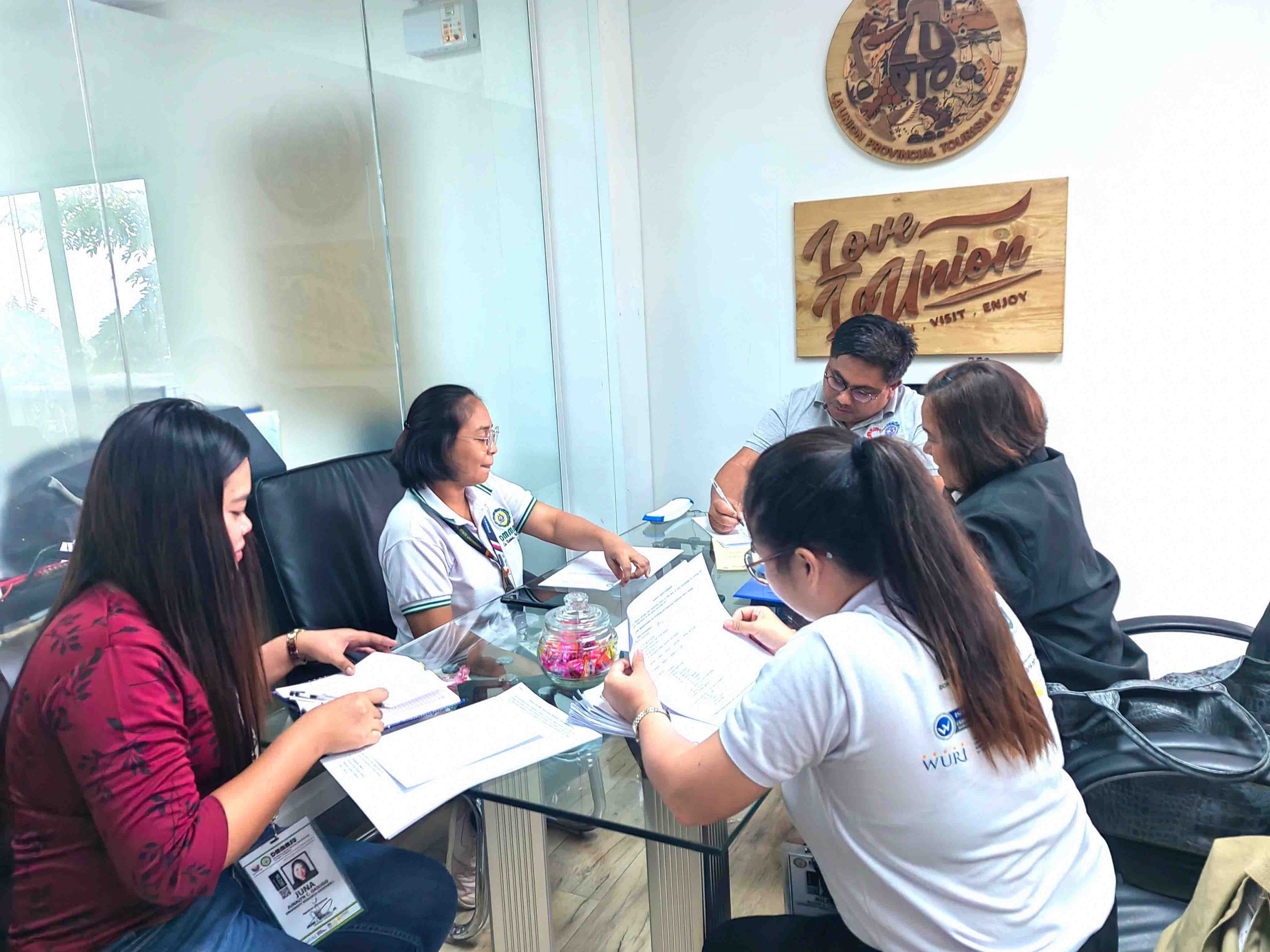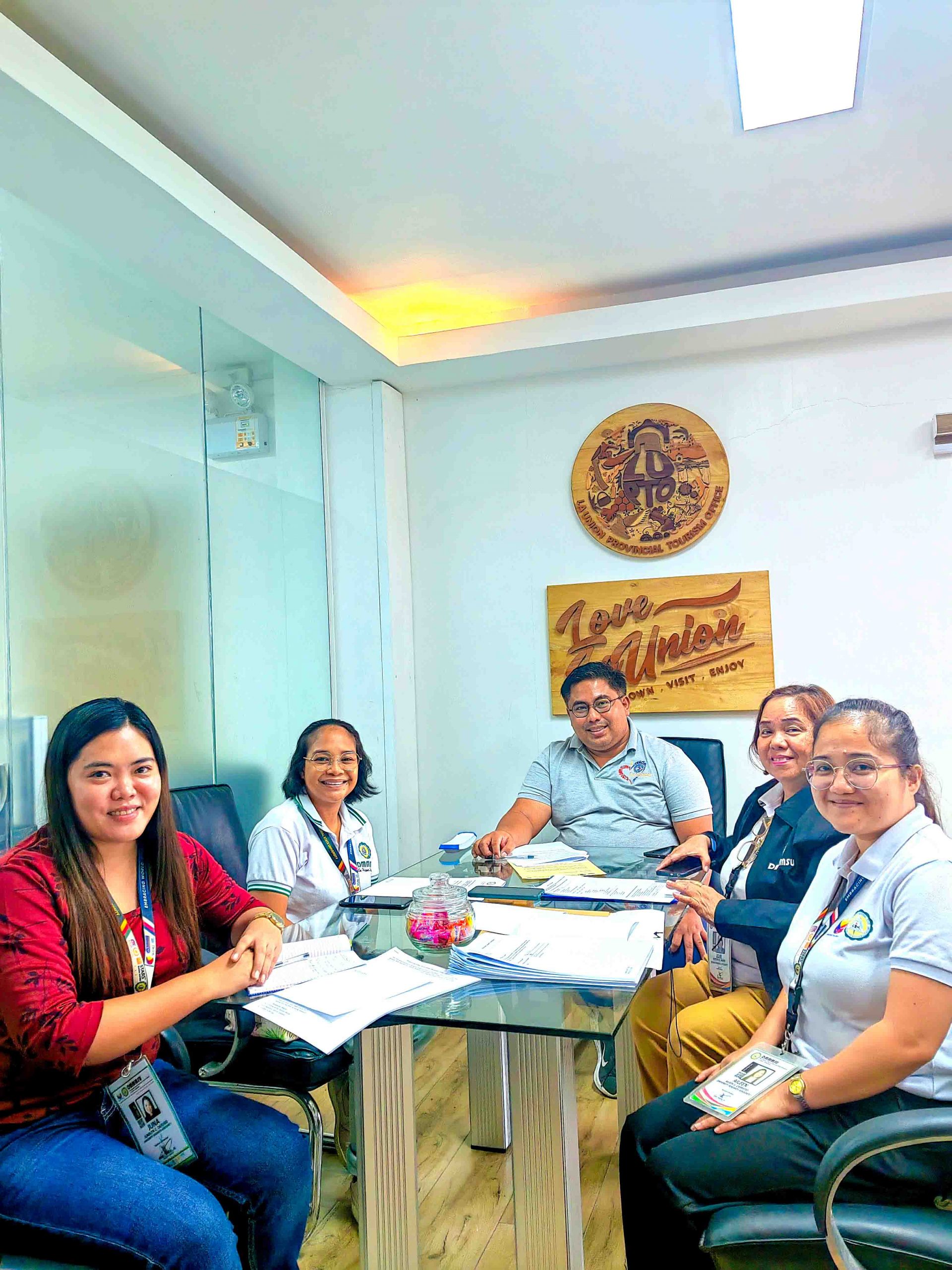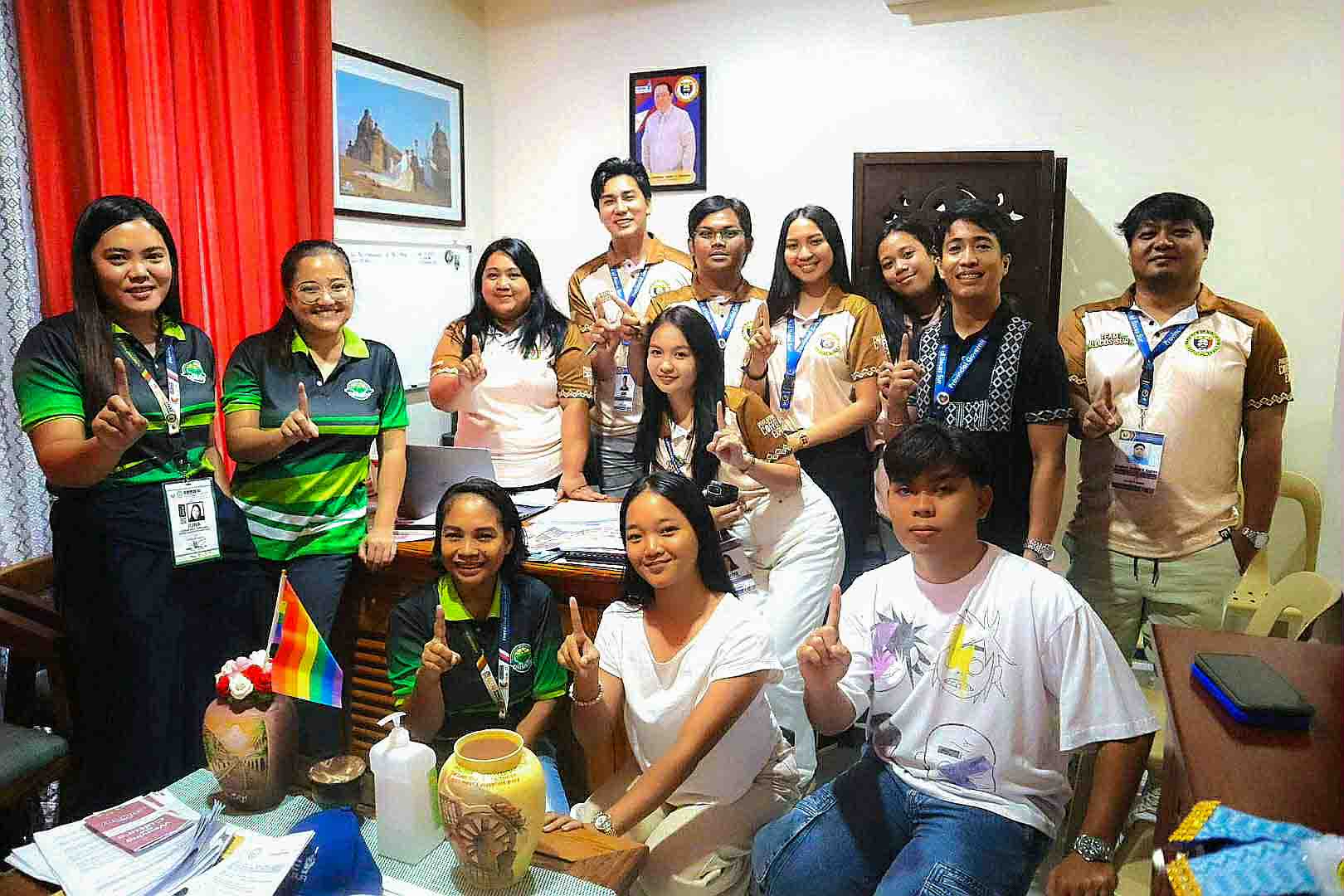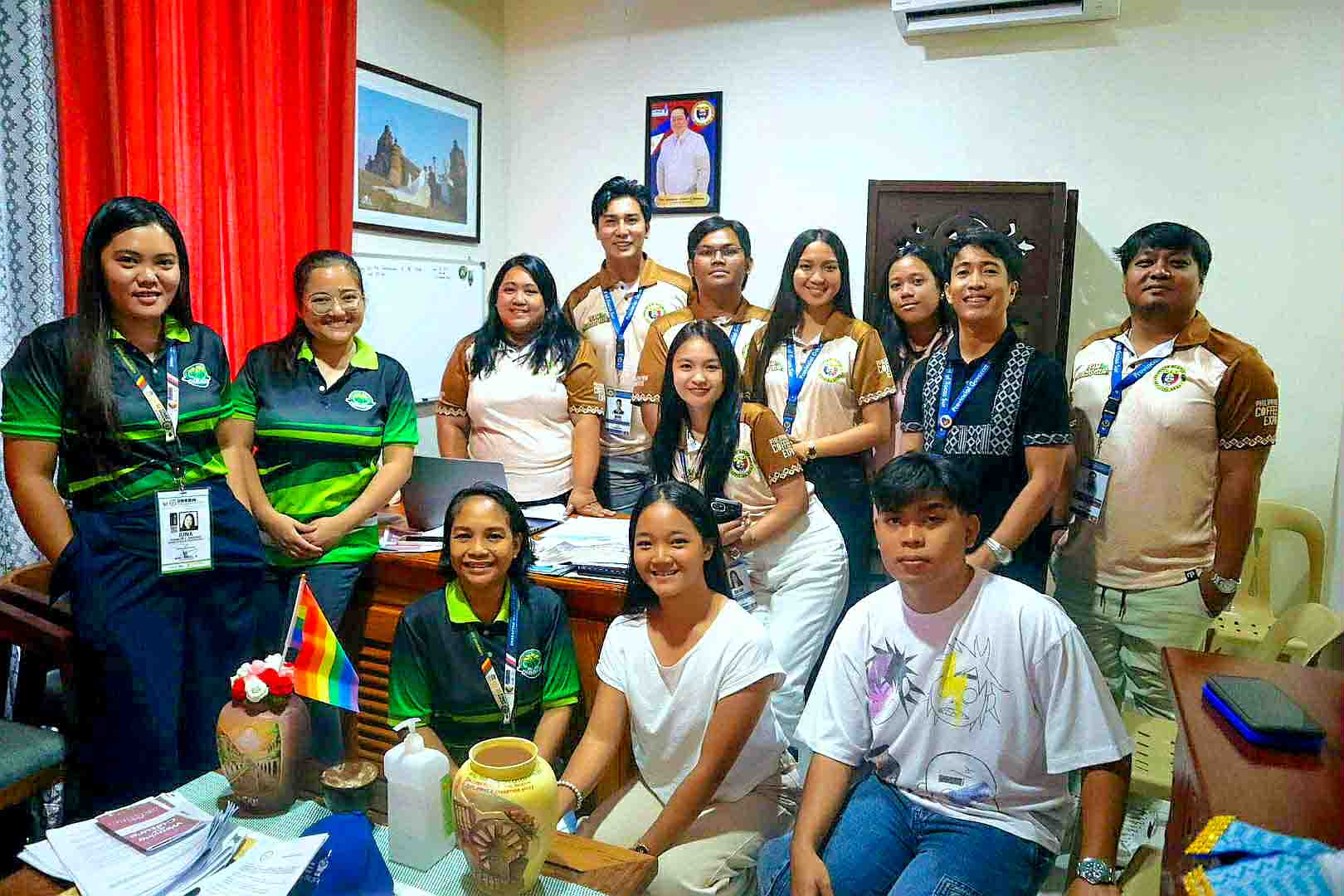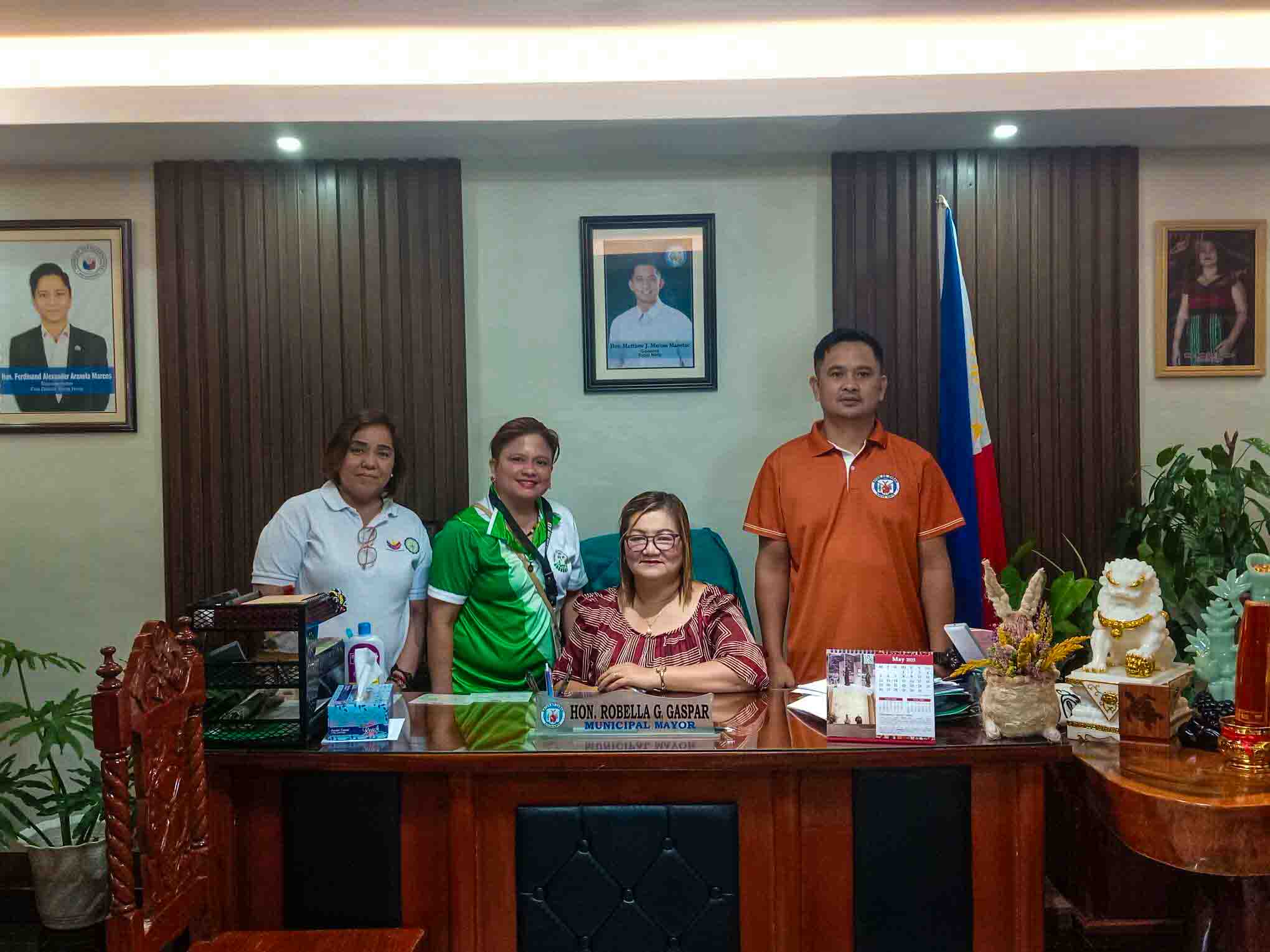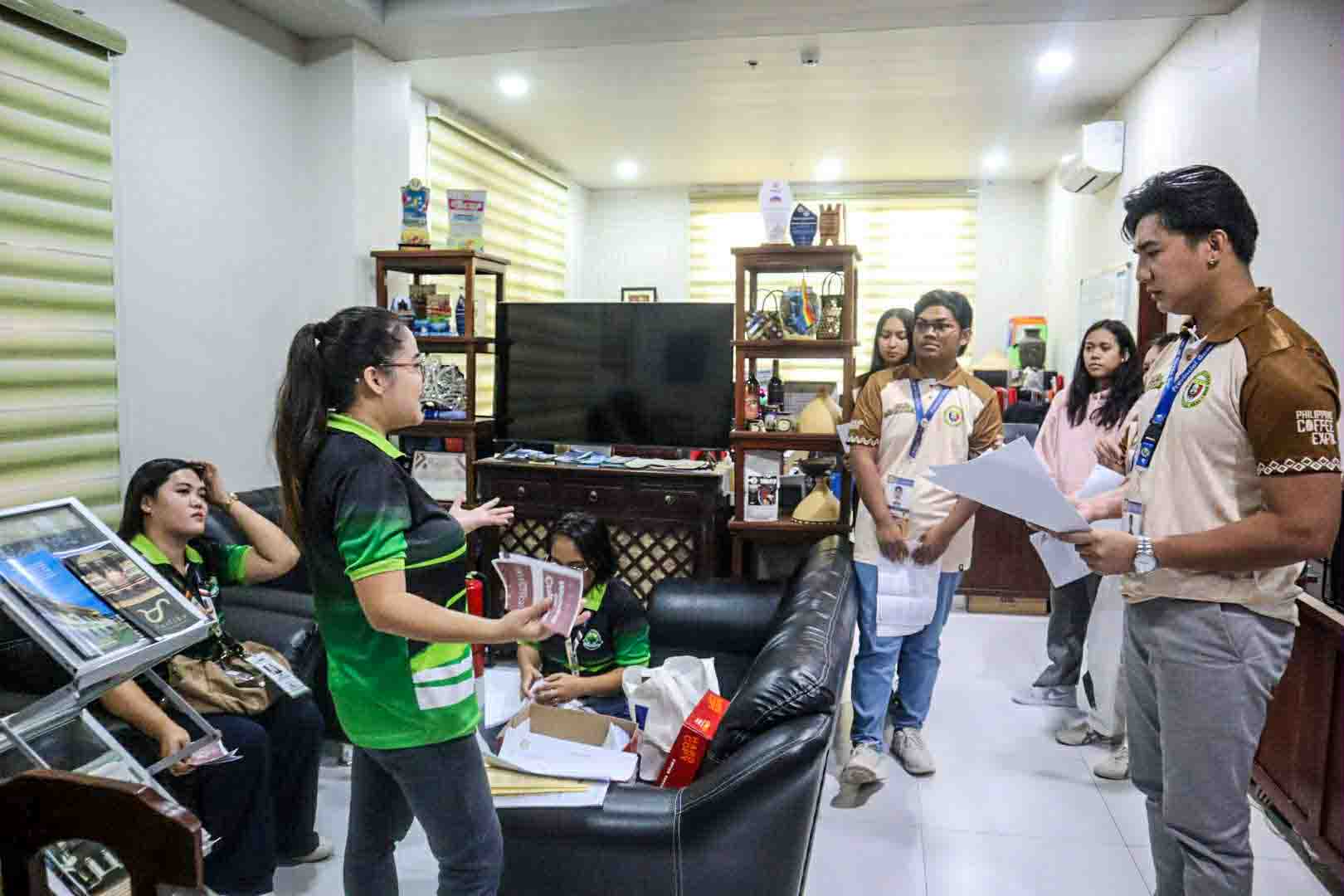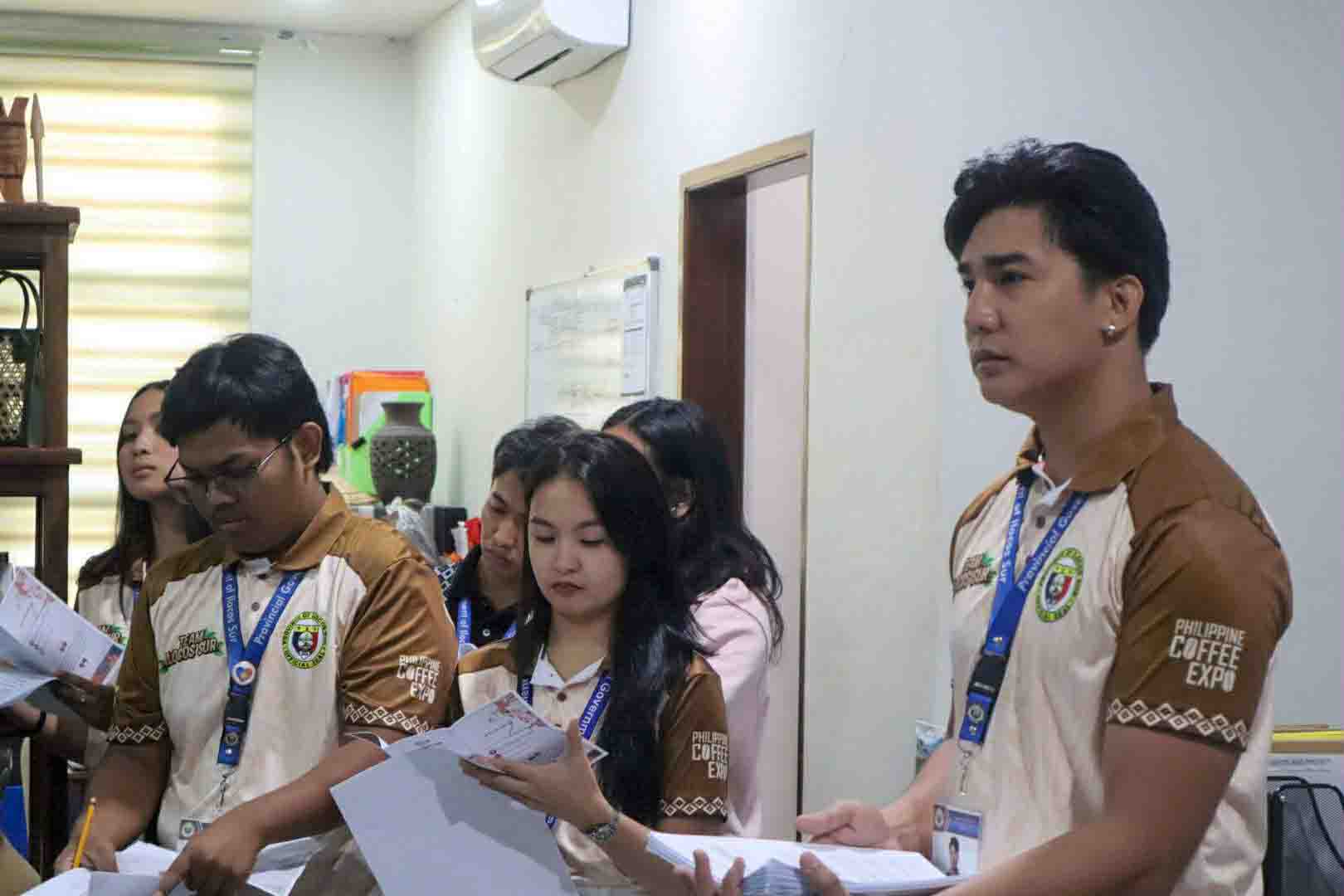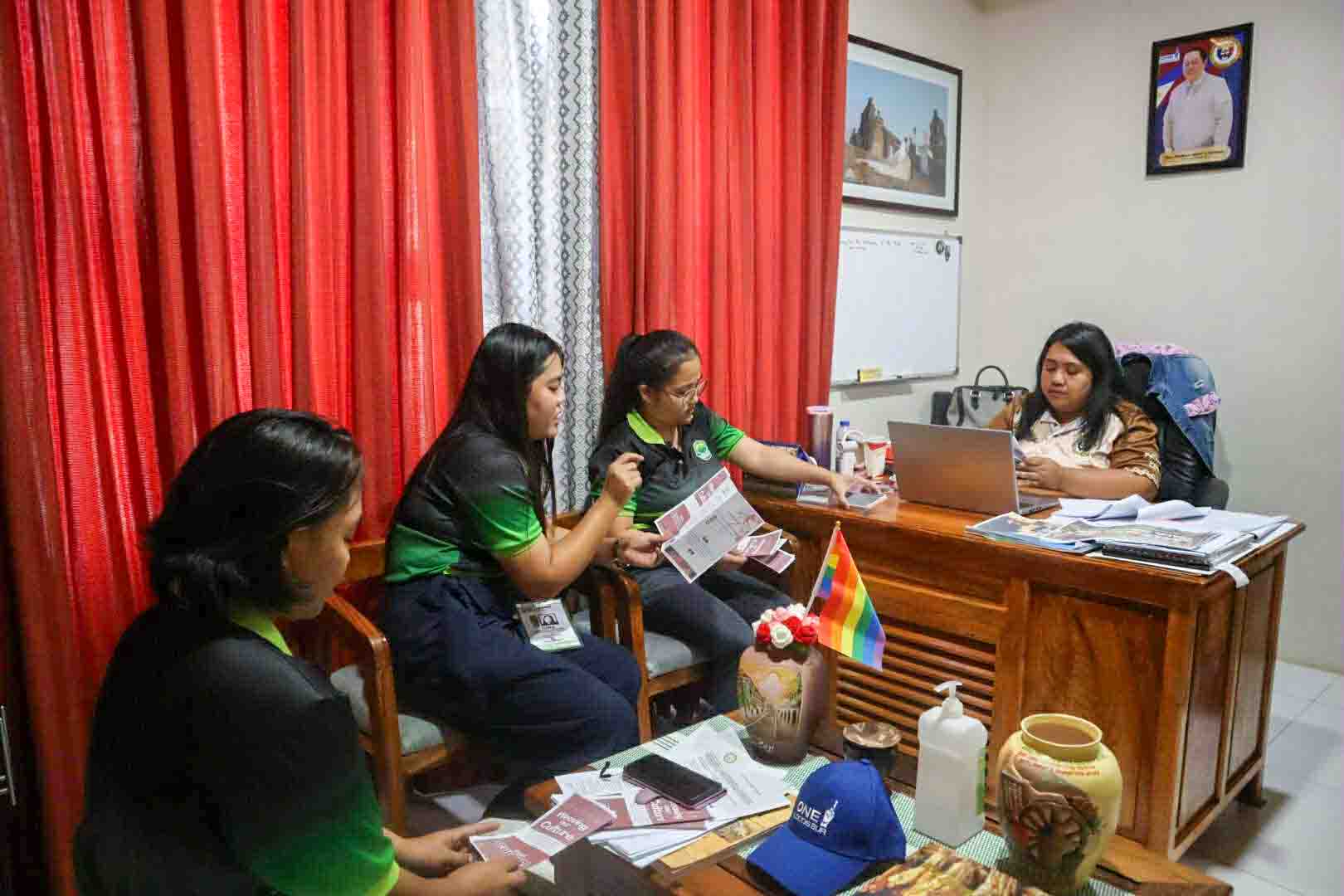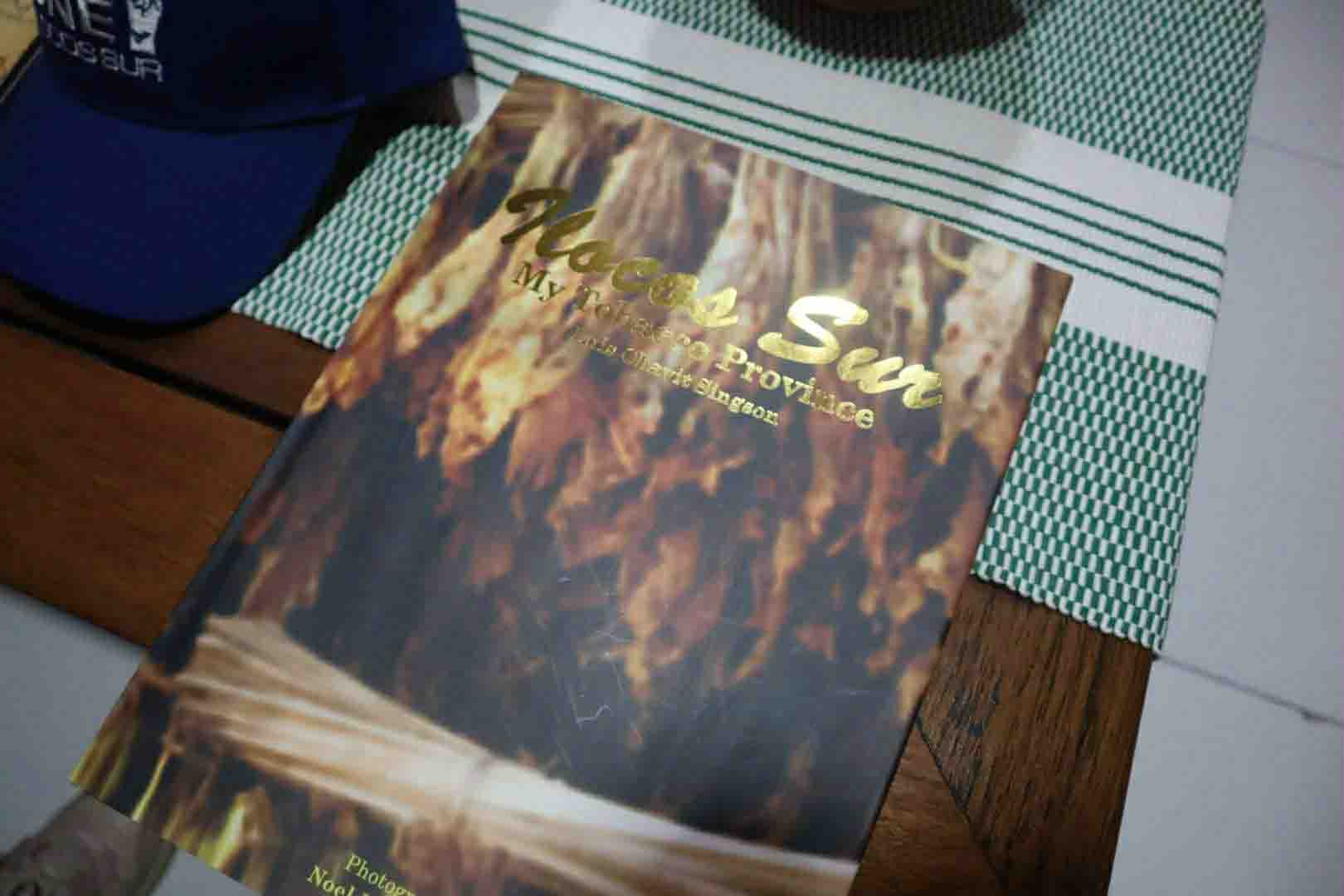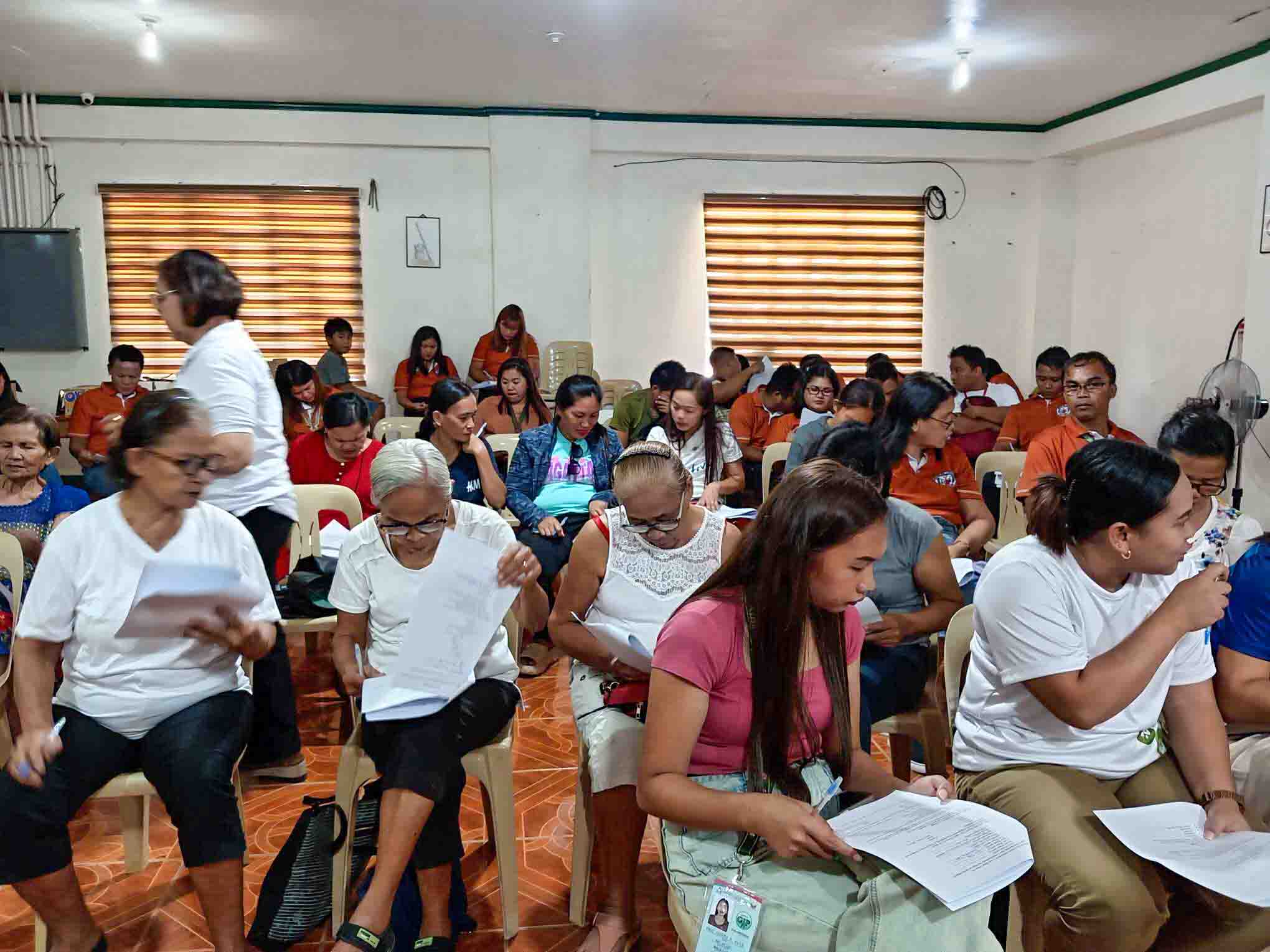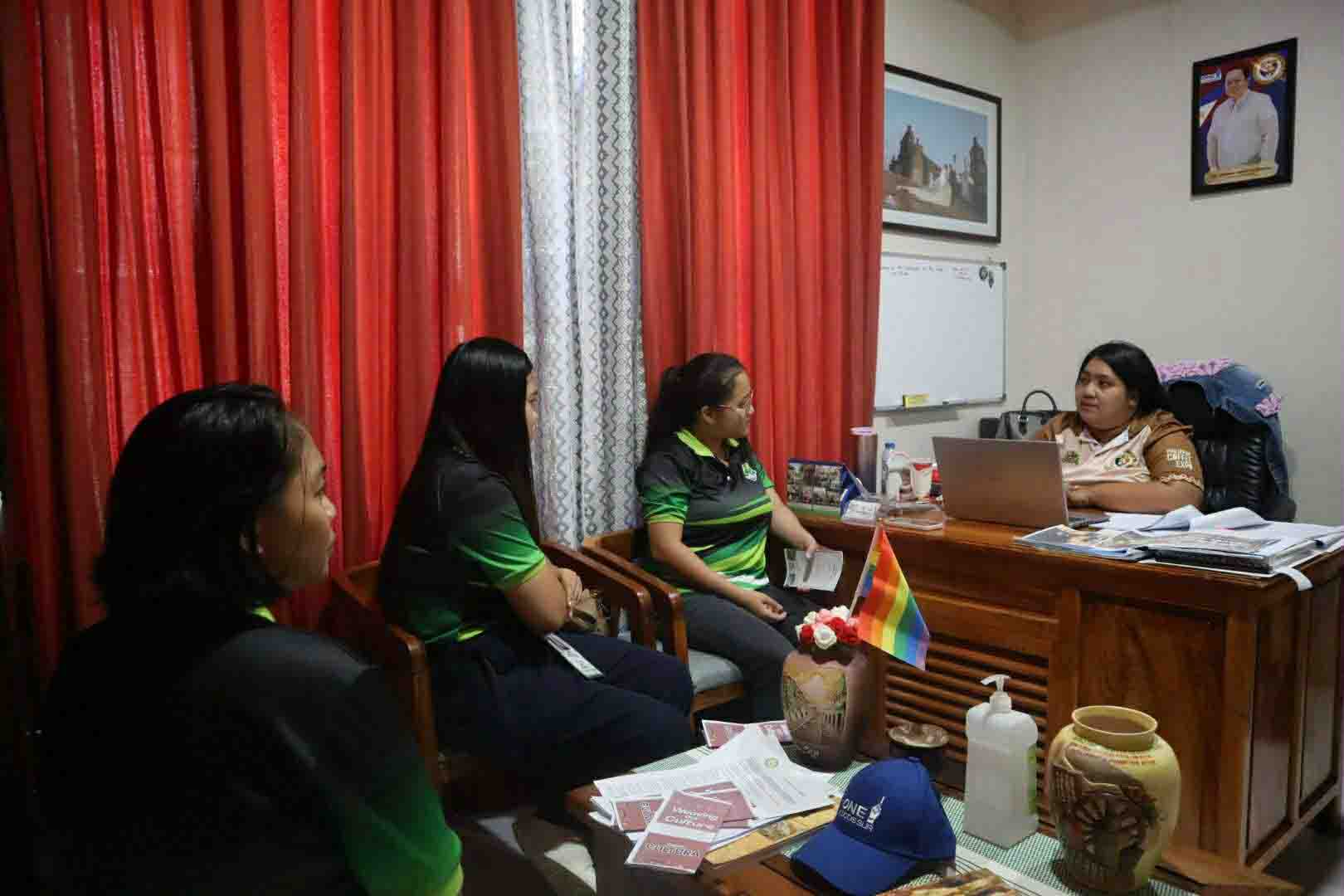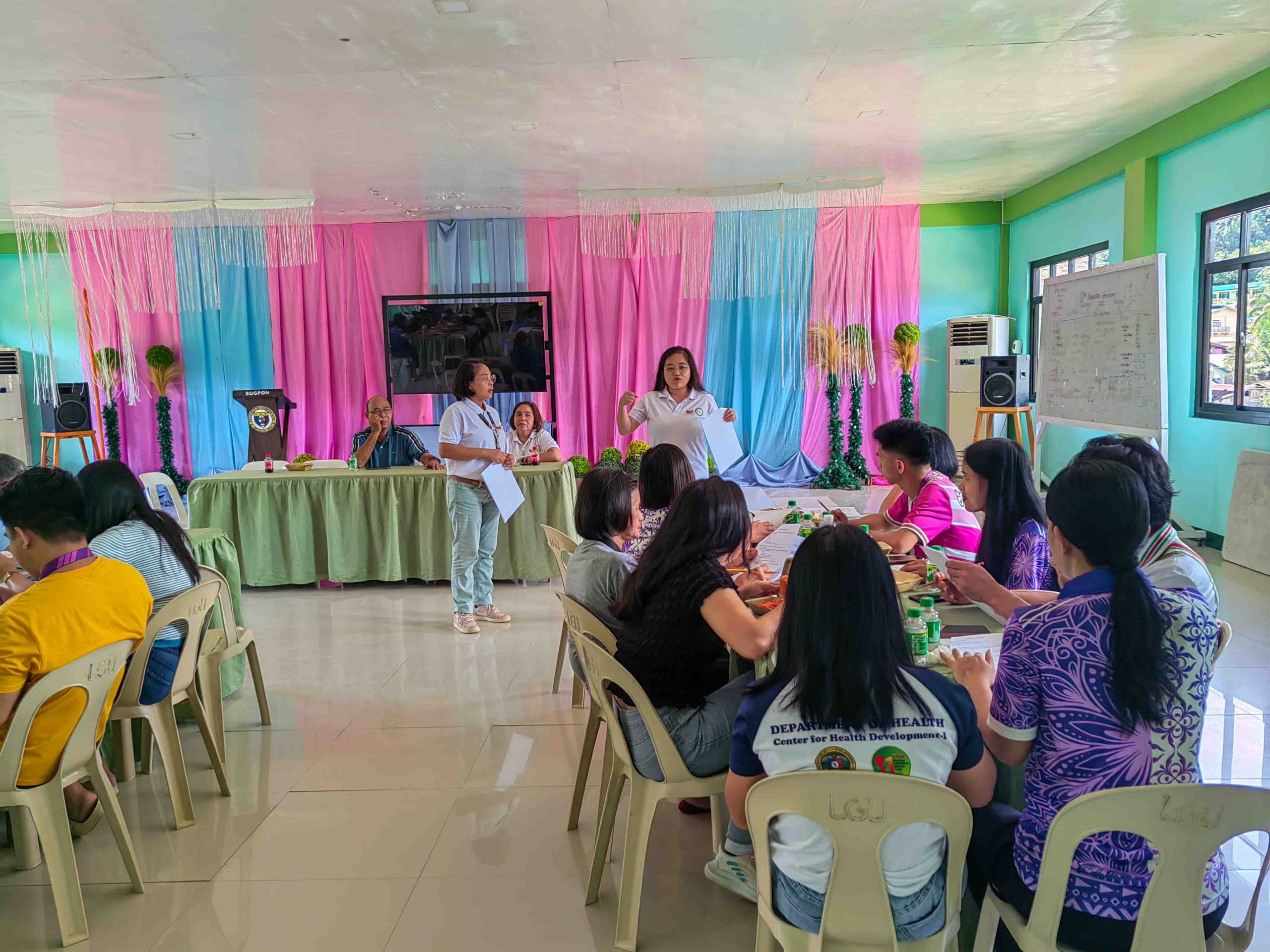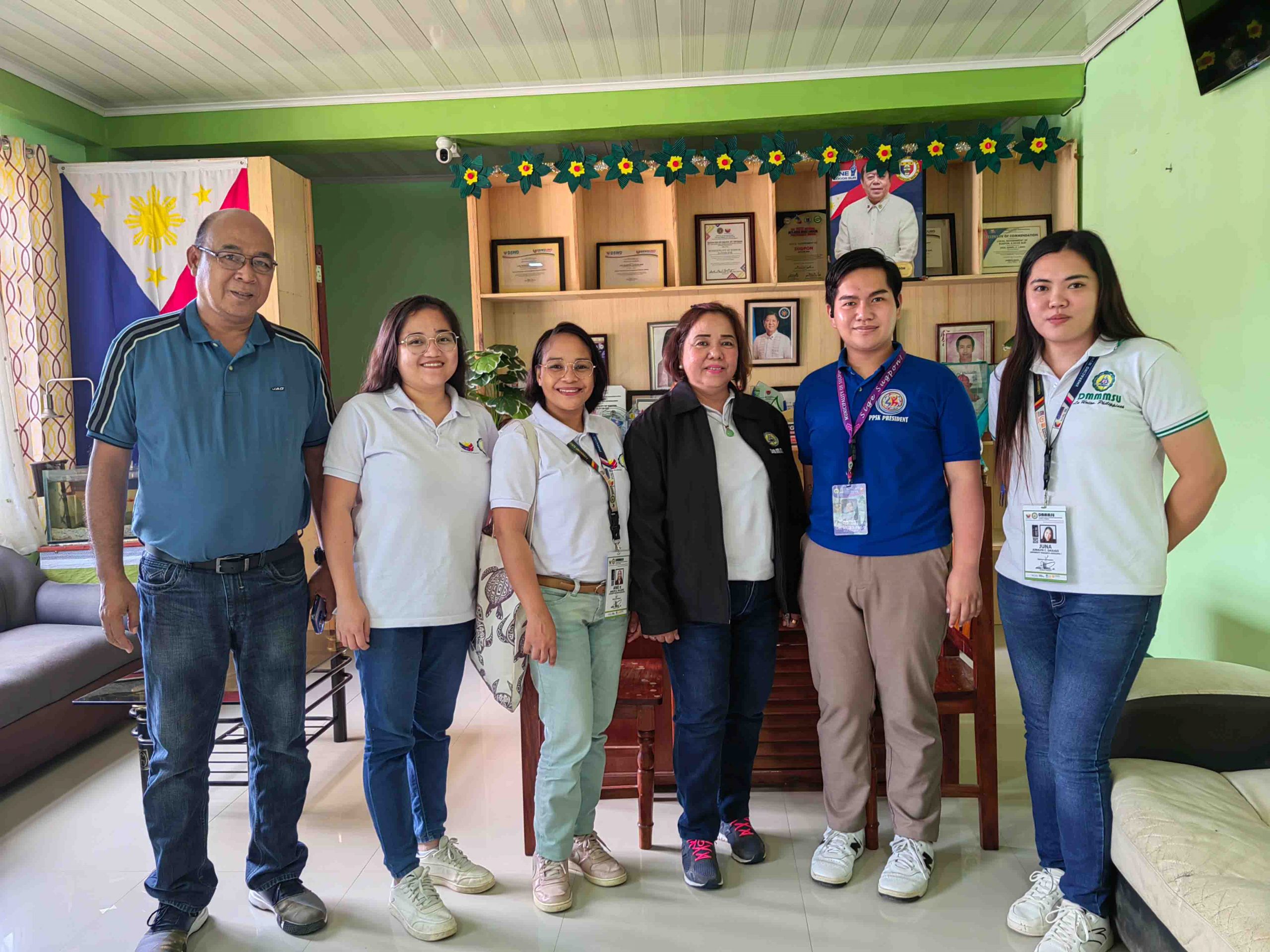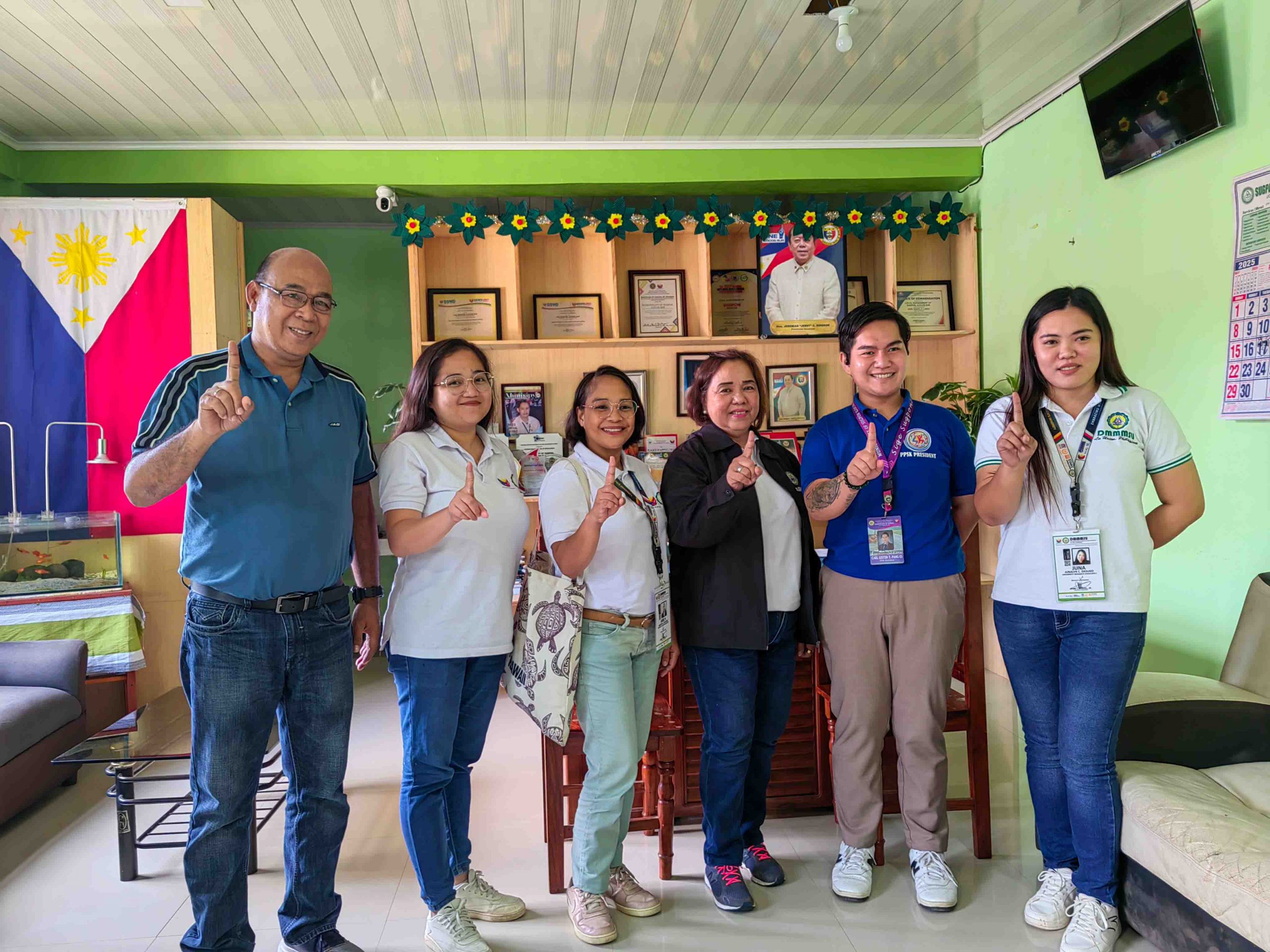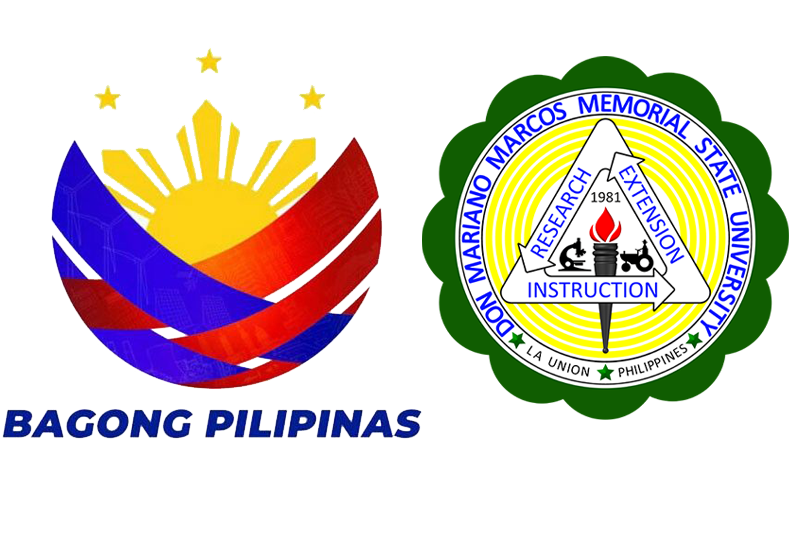The Don Mariano Marcos Memorial State University – Sericulture Research and Development Institute (DMMMSU-SRDI) is launching a new research initiative that brings Filipino culture to the loom. Backed by a grant from the Commission on Higher Education (CHED), Project CULTURA aims to create innovative silk fabric designs inspired by the diverse heritage, artistry, and identity of Filipino communities.
Project CULTURA, “Weaving our Culture: Unleashing Novel Hand Loom Designs of Silk Fabric Showcasing Tradition with Unique, Regal, and Aesthetic Innovative Patterns,” seeks to reimagine silk design using motifs drawn from the rich cultural tapestry of Region I, Region II, and the Cordillera Administrative Region (CAR).
The project began with a cultural profiling phase, where researchers explored selected communities to understand their unique traditions, crafts, natural resources, and symbols. These cultural elements will later be interpreted and woven into innovative silk patterns. Initial fieldwork has already been conducted in partnership with provincial tourism offices, covering areas such as Sugpon and San Ildefonso in Ilocos Sur, and Carasi in Ilocos Norte.
The research team is composed mainly of SRDI’s Post-Cocoon R&D section: Aileen Carriedo, Anielyn Pai-Lopez, Junalyn Dasugo, Jocelyn Higoy, and Garizaldy Gaudia, with additional researchers from SRDI including Pura Obille, Evangel Barrameda, and SRDI Executive Director Dr. Cristeta F. Gapuz. Faculty members Joana Quinquito and Florentina Corpuz, as well as University President Dr. Jaime I. Manuel Jr., are also part of the project.
At its core, Project CULTURA is more than a design venture—it is a cultural preservation initiative. By weaving heritage into fabric, it responds to the increasing demand for modern Filipiniana and barong pieces, while aligning with the Civil Service Commission’s policy encouraging culturally reflective formal wear in government offices.
In every thread and pattern, Project CULTURA aims to tell the story of the Filipino people, honoring the past, enriching the present, and inspiring pride in identity. (By Junalyn C. Dasugo)
